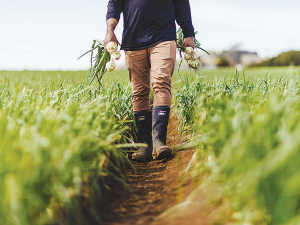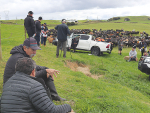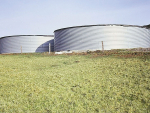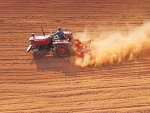This is particularly relevant as the new dairy season begins and new personnel start work. It requires effort and patience but will be well rewarded compared to the negatives of a wait-and-see leadership approach that usually causes problems when peak workloads put stress on people and systems.
Justifying the time involved is part of the dilemma many employers and team leaders wrestle with. Commitment to this is essential if leaders are to reduce the need to be hands-on and hold operations together. The biggest benefit is increased capacity to be strategic and achieve greater returns from everyone’s energies and expertise.
Leaders who constantly need to cover for or remedy inferior performance are less motivated and effective. Ensuring a team is committed to agreed values increases the ability for staff to self-manage any drift away from excellence. This translates to greater job satisfaction and reward at all levels. There are three key areas to focus on.
First, ensure people joining the business in management or supervisory roles ‘win’ authority rather than having it extended to them automatically. This requires balance. I have seen more problems come from misplaced belief in the capabilities of new management personnel than I have for those who prove their capabilities before they get responsibilities.
Investigation during interview of the expertise of those applying for a role must be followed by confirmation of their skills and understanding once they join the business. This is fundamental to effective induction. This is especially important with older applicants newly starting in farming. If they don’t learn the basics they will suffer limitations as they take on more responsibility. All parties will benefit from taking time to prove expertise rather than take it for granted.
New appointees must also learn the systems that best work for the business. While senior people need autonomy, that should not extend to them ‘reinventing’ the system. Everyone will benefit from this. Farming operations that develop procedures for accreditation and proof of skills can plan and delegate with greater confidence. Staff whose abilities have been validated can more quickly build on their expertise to enhance career prospects as they are part of continuous improvement of the system.
Second, ensure staff are engaged with the values and culture of the business. Values must be defined then converted to behaviours. It’s one thing to aspire to reliability, accuracy or cooperation. It’s another to see these values come alive in behaviours such as punctuality, ‘measuring twice and cutting once’ or communicating in ways that put colleagues in a position of advantage.
These will directly affect profitability, sustainability and job satisfaction and will promote time effectiveness that will keep the team focused and fresh.
Third, leaders must accept that they won’t just get only what they pay for but, rather, what they ask for. I’ve seen far more problems arise in teams because of lack of clarity and assertiveness by leaders than I have from clear and direct communication about expectations and how people will know when they have performed.
A focus on proof of capabilities, and clarity of expectations and behaviours that align with agreed team and business values, have potential to turbocharge a team. People will never be totally self managing, but driving for standards that enable all involved to be ‘self-directing and self correcting’ can be well worth the time and effort.
• Kerry Ryan is a Tauranga agribusiness consultant. www.kerryryan.co.nz









